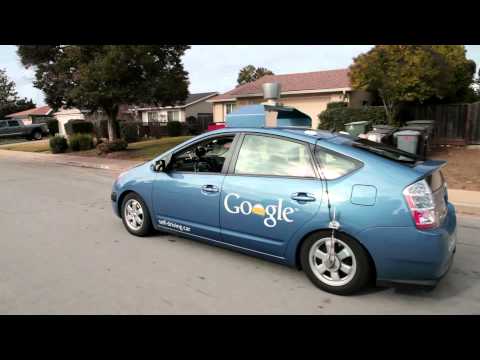Over the summer, the Internet behemoth gradually introduced a new in-box with an assortment of folders for different types of messages, including a main in-box and ones for social networking alerts, e-commerce promotions, updates from businesses like banks and mailing-list messages.
For Google, it’s another moneymaking avenue (note the ads that look like e-mails that now appear at the top of the promotions folder). Also, the company says it wants to fix e-mail overload.
Yet any tiny change that the Internet giant makes has cascading effects for businesses across the Web.
“I don’t like it,” said Ada Polla, chief executive of Alchimie Forever, a skin care brand. “My guess would be that you might log on to your Gmail 20 times a day, and look at promotions once a week.”
Retailers, who have a love-hate relationship with Google, say this is the latest tussle in an increasingly contentious union. Google, they say, has effectively classified their messages as junk mail by shunting them to an in-box ghetto.
It is too early to tell exactly how Gmail users treat the new tabs, because Google is still rolling out the feature. Although retailers fear that fewer customers are clicking on their sites — because they didn’t read the e-mail promising 40 percent off — so far, there has been only a small effect. The rate at which consumers open e-commerce e-mails has declined about 1 percent since it was introduced, according to three services that manage mass e-mails — Yesmail Interactive, MailChimp and 3DCart.
Another change, though, might be more worrisome for e-commerce companies. While shoppers typically click on promotions within hours of receiving an e-mail on other services like Yahoo and Outlook, Gmail users are waiting more than 24 hours, 3DCart said.
That is problematic for flash-sale sites, like Gilt and MyHabit, whose business depends on drawing customers to limited-time sales.
“One of our limitations is we’re a flash site that starts our sales at noon, so that’s the primary way that we communicate with our members, through e-mail,” said Elizabeth Francis, Gilt’s chief marketing officer.
Retailers also say the changes don’t apply to every business; Google’s own marketing messages from Google Analytics and AdWords have been appearing in the primary in-box — belying the company’s argument that the promotions folder is vibrant.
But Alex Gawley, a Gmail product manager, said that there was “no special treatment” for Google’s own promotional e-mails, and that the algorithm was still learning how e-mails should be categorized.
“You’ll see it get more and more accurate and you’ll probably see those types of e-mails moving to the place where people expect them to be,” he said.
Companies, including Gap and Groupon, are resisting the changes by begging customers to move their messages back to the primary in-box. Gilt has been putting banners atop daily e-mails that say, “Drag and drop me into your Primary tab!” If people do that, future e-mails from the same sender will appear there. Gmail users can also turn off the sorting by changing their in-box settings.
Gilt does not know whether its campaign is working, Ms. Francis said, because Google does not disclose how customers move their e-mail around.
Retailers have little choice but to use Google, whether buying search ads or sending inventory feeds to Google’s comparison shopping service. But they complain that Google has been complicating the relationship. Last year, for instance, it began charging retailers to appear in its product search, leading some, including Amazon, to remove their listings from the service.
The change to Gmail, though, strikes at the heart of retailers’ marketing tactics. Eighty percent of marketers are investing more in e-mail this year than last, according to a study by Forrester Research and Shop.org. And with nearly half a billion users, Gmail is a major part of that strategy.
Although Google is also filtering other messages into secondary in-boxes, like sending Twitter and LinkedIn notifications to the social tab, retailers say they have the most to lose.
E-mail marketing is vital to her business, Ms. Polla said; She, too, has urged customers to move Alchimie’s e-mails back to the primary in-box.
“I worked so hard to get it, I want to make sure that I’m able to utilize it,” she said of her e-mail subscription list.

Article source: http://www.nytimes.com/2013/09/16/technology/for-retailers-new-gmail-has-one-tab-too-many.html?partner=rss&emc=rss









